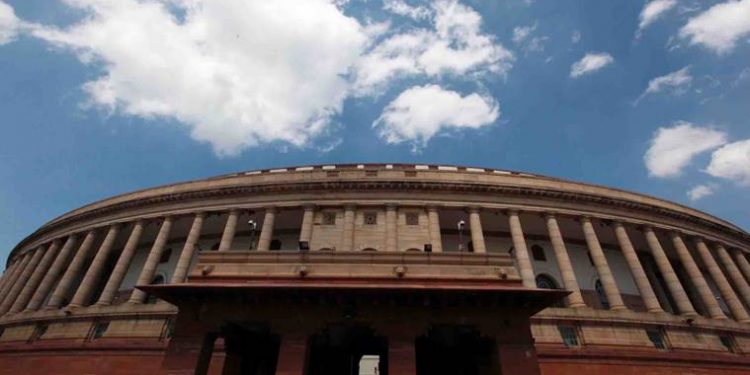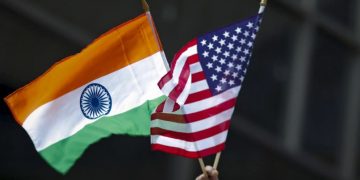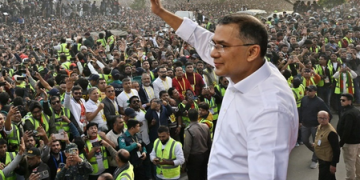New Delhi, July 16: Planning a united face in Parliament’s Monsoon Session, major opposition parties, including the Congress, today reached a consensus to allow both Houses to function and hold the government responsible for any disruption.
At a meeting to decide their common strategy to corner the government during the session, starting July 18, the opposition leaders discussed major issues they want to raise in Parliament, including cases of mob lynching, atrocities on Dalits and women, rising unemployment, woes of farmers and backwards, and reservation in higher education institutions.
During the meeting, the parties also decided to unitedly move forward in fielding a joint candidate for the post of deputy chairman of Rajya Sabha, which fell vacant after the retirement of P J Kurien on July 1.
Those present at the meeting included leaders from the Congress, NCP, TMC, BSP, SP, RJD, DMK, CPI(M), CPI, JD(S), RSP, IUML and KC-M, among others.
The Trinamool Congress (TMC) made it clear that it was not in the fray for the post and will support any joint opposition candidate through consensus.
TMC leader Sukhendu Sekhar Roy, whose name was doing the rounds for the post, stated the party’s stand at the meeting.
Sources said during the meeting, no candidate was discussed and the entire opposition agreed that there should be a consensus candidate and the same should have acceptance among all parties and not just from any one party.
Leaders from the Congress, the Samajwadi Party and the TMC, which are the largest opposition parties in the Rajya Sabha, should sit together and find a “suitable candidate”, they said.
The name of Akali leader Naresh Gujral is doing the rounds for the post from the ruling NDA. No decision has been taken yet.
“Today’s meeting was part of the tradition where leaders of like-minded opposition parties meet before the Parliament session and discussed what issues are to be raised. Tomorrow in the meeting with the government, we will raise the issues and all leaders will raise their issues and will press for a discussion on them.
“The opposition parties present in today’s meeting decided with consensus that they want the Parliament to function… If there is no discussion on all these issues and create disturbances, then the opposition will not be responsible for it, the government is,” Leader of the Opposition Ghulam Nabi Azad told reporters after the meeting at the Parliament House Library.
He alleged that during the last session of Parliament, the entire opposition wanted the Lok Sabha and the Rajya Sabha to function, but the government did not want it.
Supporting parties of the ruling NDA created disruptions and blamed the opposition instead, Azad claimed.
“We want to raise the issues of unemployment, farmers, backwards, Dalits, besides lynchings and atrocities and issue of reservation of SC/ST in higher education and universities. These are not our issues, these are of the people and we will raise these issues,” he said.
Corruption and black money, especially the rise in deposits of Indians in Swiss banks, and those arising out of demonetisation, will also be among the key issues to be raised during the session, the sources said.
CPI leader D Raja said the opposition wants the Parliament to function as there are many issues before the country that need to be discussed.
“The government must allow the Parliament to function so that there should be discussion on these burning issues,” he said after the meeting that lasted around two hours.
The government has convened a meeting with the opposition parties tomorrow morning to seek their support in smooth functioning of Parliament.
The opposition parties will raise the issues with the government and will ask it to allow Parliament to function.
Lok Sabha Speaker Sumitra Mahajan has convened a dinner with leaders of various parties tomorrow evening to seek their support for the session, while Rajya Sabha Chairman M Venkaiah Naidu has invited them to tea at his residence.
Prime Minister Narendra Modi is likely to attend both the functions.
The sources also said some opposition leaders raised the issue of Rajya Sabha Television and are likely to take it up during tomorrow’s meeting with the government.
Hopeless Hong Kong
The last nail into the coffin of whatever freedom is believed to be there in Hong Kong, a unique territory...
Read moreDetails





































